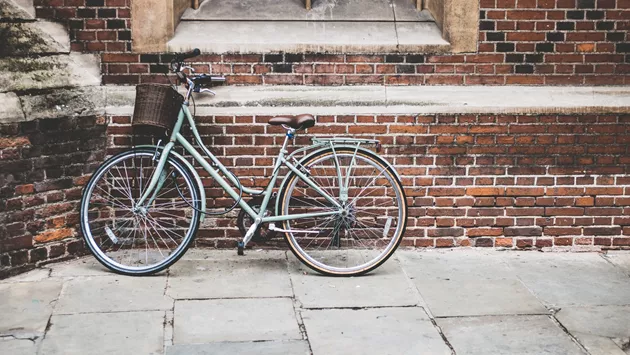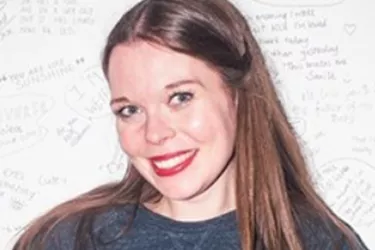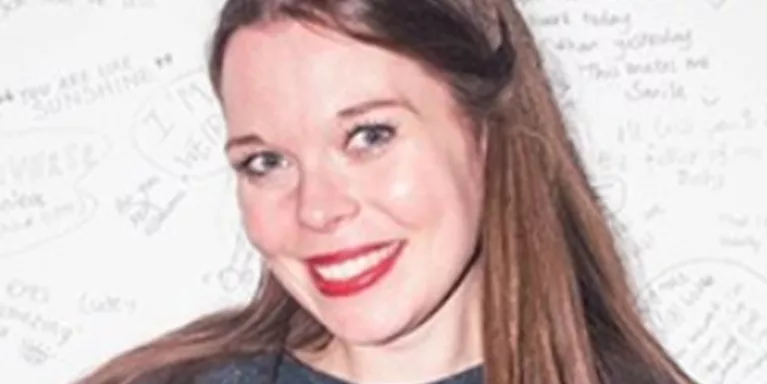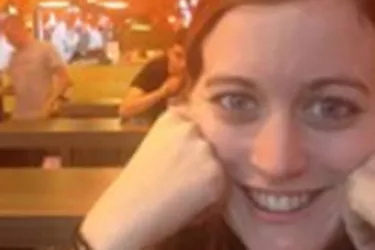You don't have to be a specialist to support people with eating disorders like me - you just have to listen and care.
James describes his journey of illness and recovery.
This blog discusses eating disorders.
After struggling for some time with my body image, my weight and my shape, I was diagnosed with OCD and anorexia in my mid-teens. In one sense it was a relief to know what was going on, to have a diagnosis and someone to explain my symptoms to me.
But no matter where I looked, I struggled to find examples of people who looked like me or had similar experiences to what I was going through.
The only people I had heard of with eating disorders were young girls and the only people with anorexia shown in the media were nothing like me at all. The loneliness and isolation I already felt from having suffered on my own for so long was only made worse by not being able to see my experiences reflected back to me.
Worse than this, the professionals in charge of my care often couldn’t grasp that a teenage boy could have an eating disorder either. They ordered every physical test under the sun to rule out obscure physical illnesses that might have made me lose weight. They fished around for other diagnoses to explain my symptoms, and they even made comments such as, “Why do you want to lose weight? That’s not what boys want to look like.” This left me feeling as though I was to blame for my difficulties and that I must be uniquely “bad” for being the only boy I knew of with this this condition. Of course, men get eating disorders too, I just didn’t hear their stories and their voices were not heard.
Throughout my long journey of illness and recovery, the assumptions people around me have made have been the biggest barrier to being understood and treated with care. They have been plentiful.
Men don’t get eating disorders, teenage girls do. Eating disorders are attention seeking and people with eating disorders are manipulative. Bulimia isn’t as serious as anorexia. People grow out of eating disorders, it’s just a phase. Eating disorders happen to men because they can’t accept being gay. Eating disorders are a result of childhood trauma. You can’t recover from an eating disorder, you will always have to live with it. You are not well enough for treatment. You are not sick enough for treatment.
I have encountered all of these judgements in one form or another - from casual comments made by friends to hurtful interactions with healthcare professionals when I have been at my most vulnerable.
Eating disorders awareness is about saying no to these assumptions and recognising that often, they are a barrier to listening, caring and helping.
I had to wait over four years in the area I live now for treatment because I was judged to be “too medically stable” for treatment, although psychologically I was finding it almost impossible to keep going. Therapy has been denied to me when doctors have explained away my eating disorder as a problem with my sexuality that I would grow out of. These kinds of attitudes and the denial of care that they result in have to change.
Eating disorders awareness is partly about learning about different types of eating disorders, who experiences them and why. But it is also about recognising that no two experiences of an eating disorder are the same, just as no two people are the same. Most importantly, we have to remember that eating disorders can happen to anyone, and that people with eating difficulties come from all different backgrounds and in all shapes, sizes, colours, ages and more.
This Eating Disorders Awareness Week, let’s not confuse increasing awareness with learning which categories we can neatly sort people into. Let’s not stop with the typical definitions of different eating disorders as though everyone experiences them the same. Whilst that may be a good start, the knowledge that you get from a textbook or a website is never more important than listening to the person who is in front of you and being curious about their experiences without judgement.
You don’t have to be a specialist or have a degree in psychology to understand and help someone with an eating disorder. You need to be able to put aside what you think you might know about eating disorders in general and recognise that everyone’s experience will be individually unique. The way to help and care about someone with an eating disorder is to listen, remembering that eating disorders happen to people - all kinds of people - and that everyone’s experience is different.


Get involved
There are lots of different ways that you can support us. We're a charity and we couldn't continue our work without your help.
Share your story with others
Blogs and stories can show that people with mental health problems are cared about, understood and listened to. We can use it to challenge the status quo and change attitudes.

















